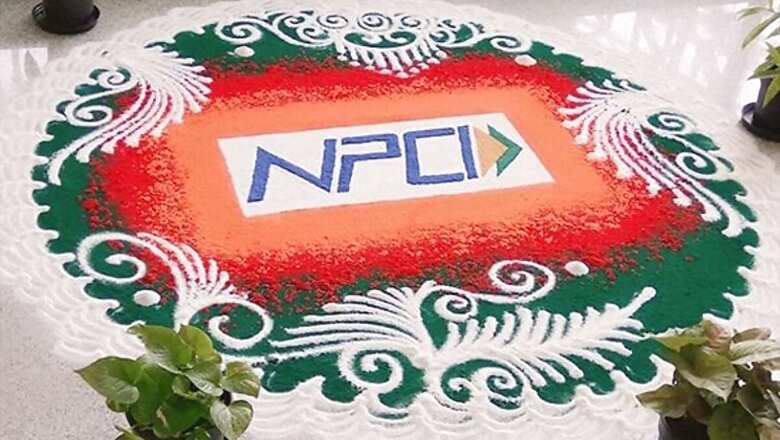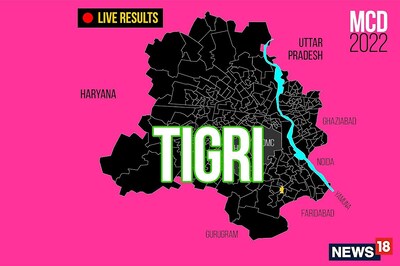
views
Are your UPI payments failing? Does your preferred UPI app see too many glitches at times? Want to switch to a new UPI app, but somehow can’t sign up? The reason might not be your phone, or your internet connectivity. Revealed recently, the actual causing factor is apparently a new regulatory rule imposed by the National Payments Corporation of India (NPCI) that seeks to restrict any third party application provider (TPAP) from garnering over 30 percent market share of UPI transactions in India. The rule reportedly went into motion from January 2021, according to a report by The Economic Times, and states that any UPI app found to account for more than 30 percent of all UPI transactions will have to willfully draw their volume of transactions back. Yes, it sounds very, very strange.
The NPCI directive
The new NPCI rule states that TPAPs such as Google Pay, PhonePe, Paytm, Amazon Pay and even the newly introduced WhatsApp Pay (which so far only has peer to peer transaction clearance) will need to notify the NPCI, when their transaction volume crosses 25 percent of all UPI transactions in India, at a given time. At 27 percent market share, each UPI app will have to voluntarily submit proposals to the NPCI that will detail their plans of reducing expansion of market share. Once this crosses 30 percent, the NPCI (on a per-case basis) may allow the UPI apps a period of six months, within which it is to bring their market shares back under 30 percent. Proposals for how would that happen have to be submitted beforehand, and an agreement is to be signed about it.
The NPCI has noted that as of the end of 2020, Google Pay and PhonePe accounted for over 40 percent (each) of all UPI transactions in the country. Flaunting leniency in what already is a rather unprecedented move, the NPCI has allowed the two UPI apps a period of two years until the end of 2022, to adopt methods to rein their market shares back. In other words, both Google Pay and PhonePe will have to voluntarily make sure that they lose business to core market competitors, in what is most likely one of the most forced applications of fair market rules in a liberalised economy.
While the implementation does sound quite unusual, the objective is clearly to avoid a situation where big tech companies use their existing market power to garner massive market share and run amok, thereby killing the potential for smaller, national startups from growing. News18 could not reach out to spokespersons of any of the three leading UPI payment apps in India at the moment, and awaits word on statements from them on their reactions to such a rule being established in the market. An executive employed with one of India’s leading digital payment services, who spoke on condition of anonymity, claimed that there has not been much furore internally about the new rule, and most top executives believe that a 30 percent market share in the vast digital payments market of India is large enough — and not prohibitive towards letting businesses earn profits in a competitive market ecosystem.
What will users see
Numerous users who News18 spoke to agreed that since January 2021, the rate of failed UPI payments increased drastically. Sources associated with one of the UPI apps that have a major market share in India claimed that this was not a standalone issue faced by Google Pay. He further denied that Google was deliberately causing payments to fail, in order to manage transaction volumes on the platform.
In a circular announcing the new UPI apps rule, the NPCI stated that new users looking to sign up for any UPI app that has a higher-than-30 percent market share in India at the moment will see the following message: “Dear user, as per NPCI rules any UPI app with more than 30% market share cannot onboard new customers until their market share goes down. Currently, (app)’s UPI market share is (x)%, so unfortunately, you’ll have to wait a while before you can access our UPI services. We apologise for the inconvenience and promise to notify you as soon as NPCI allows us to onboard you again.”
This is one of the first instances where an Indian governing body has stringently tied down competitors in an industry to a market share cap. It is unclear if such practices remain within the ethos of fair and open market practices, even though the objective may be to enable stronger competition in a market that already has multiple players with strong offerings. An NPCI spokesperson could not be reached for any additional explanation on the rationale behind this rule.




















Comments
0 comment